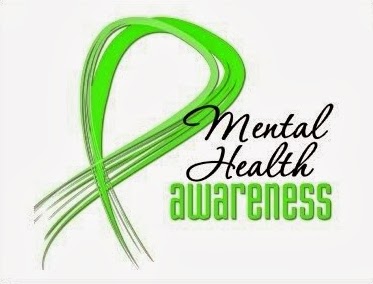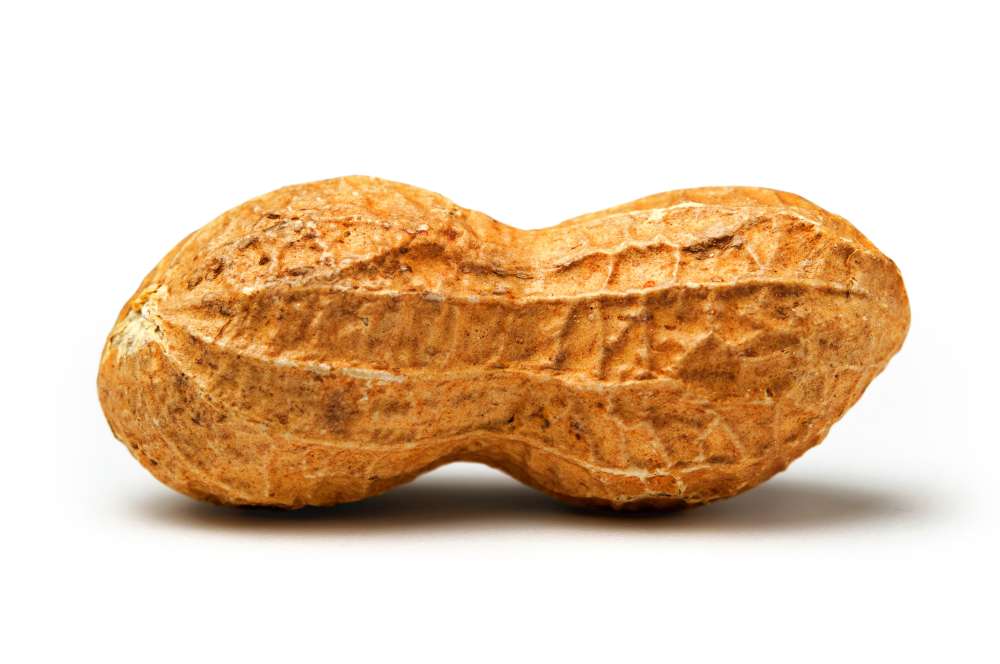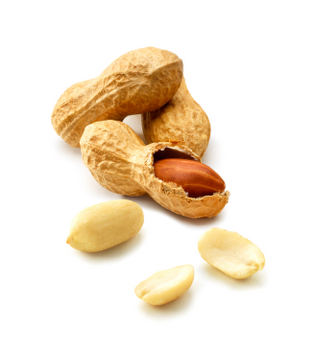Mental decline as you age appears to be largely due to altered connections among brain cells, but research has found that keeping the brain active could increase its vitality and may build its reserves of brain cells and connections, even generating new brain cells.
You don’t have to turn your life upside down or make extreme changes to achieve greater mental health. Try starting with something small and then add more challenges along the way. The trick is keeping your brain active every day.
Here are a few things you can do to help sharpen your mind.
Read
Take a few moments every day and read something be it a magazine, a book, or a newspaper. Research shows that people engaged in mentally stimulating activities such as reading earlier and later on in life experience lower memory decline compared to those who don't.
Crossword puzzles
Studies have shown that mental aerobics such as solving crossword puzzles are an important part of a healthy lifestyle and can minimize the risk of developing neurodegenerative diseases such as Alzheimer's.
Though any intellectually stimulating activity can help prevent brain disease, crossword puzzles, which require daily, sustained bursts of cognitive effort, are particularly effective in helping prevent memory loss.
Check out the New York Times Crossword Puzzle every day.
Commit to life-long learning
Studies have shown that the characteristic that correlated most strongly with good mental functioning in old age was a person's level of education. Experts agree that advanced education may help keep memory strong by getting people into the habit of being mentally active. Regardless of your level of education, you, too, can be an active, lifelong learner if you commit to it.
Some people continue their education with adult education classes or advanced degrees even in late adulthood, but your efforts don't have to be so ambitious to be beneficial. Keeping up with current affairs, learning a new hobby, and playing challenging games and musical instruments all exercise your mind.
Get sleep
We need sleep to help our minds function and it's essential for memory consolidation, as well as overall health. Although people vary widely in their individual sleep needs, research suggests that six to eight hours of sleep a night is ideal.
Boost your vitamin E
Research suggests that vitamins C and E have some benefits in the treatment of age-related memory loss and some forms of dementia. Boost up your intake of vitamin C and E to help keeop your mind strong.
Although there is no known protection or cure for dementia-related diseases, keeping your mind sharp with games, reading activities, good sleep, and a vitamin-rich diet can help decrease your chance of memory loss as you get older.
You don’t have to turn your life upside down or make extreme changes to achieve greater mental health. Try starting with something small and then add more challenges along the way. The trick is keeping your brain active every day.
Here are a few things you can do to help sharpen your mind.
Read
Take a few moments every day and read something be it a magazine, a book, or a newspaper. Research shows that people engaged in mentally stimulating activities such as reading earlier and later on in life experience lower memory decline compared to those who don't.
Crossword puzzles
Studies have shown that mental aerobics such as solving crossword puzzles are an important part of a healthy lifestyle and can minimize the risk of developing neurodegenerative diseases such as Alzheimer's.
Though any intellectually stimulating activity can help prevent brain disease, crossword puzzles, which require daily, sustained bursts of cognitive effort, are particularly effective in helping prevent memory loss.
Check out the New York Times Crossword Puzzle every day.
Commit to life-long learning
Studies have shown that the characteristic that correlated most strongly with good mental functioning in old age was a person's level of education. Experts agree that advanced education may help keep memory strong by getting people into the habit of being mentally active. Regardless of your level of education, you, too, can be an active, lifelong learner if you commit to it.
Some people continue their education with adult education classes or advanced degrees even in late adulthood, but your efforts don't have to be so ambitious to be beneficial. Keeping up with current affairs, learning a new hobby, and playing challenging games and musical instruments all exercise your mind.
Get sleep
We need sleep to help our minds function and it's essential for memory consolidation, as well as overall health. Although people vary widely in their individual sleep needs, research suggests that six to eight hours of sleep a night is ideal.
Boost your vitamin E
Research suggests that vitamins C and E have some benefits in the treatment of age-related memory loss and some forms of dementia. Boost up your intake of vitamin C and E to help keeop your mind strong.
Although there is no known protection or cure for dementia-related diseases, keeping your mind sharp with games, reading activities, good sleep, and a vitamin-rich diet can help decrease your chance of memory loss as you get older.





 RSS Feed
RSS Feed






